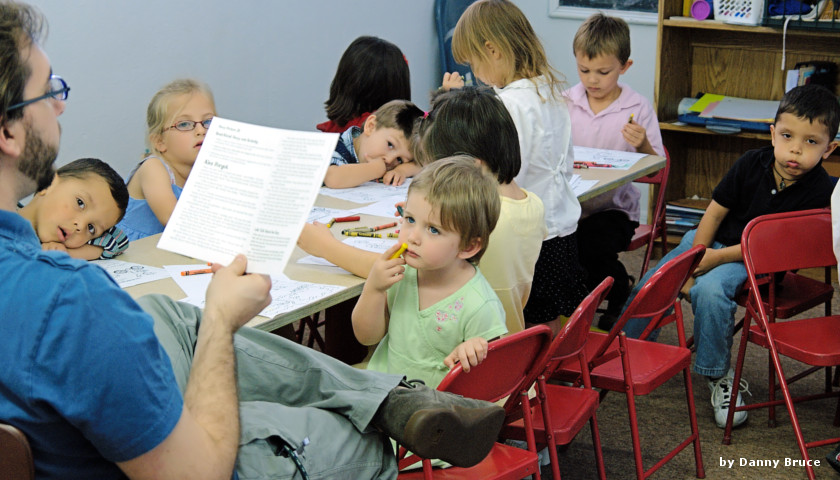A report examining findings from a randomized controlled trial of Tennessee’s $87 million voluntary prekindergarten program for low-income children casts doubt on its effectiveness. Indeed, the report’s authors say the data show adverse effects on math and science achievements.
Straight Talk on Evidence says it seeks to provide a no-spin digest of program findings, especially randomized controlled trial (RCT) evaluations and whether findings are credible.
The organization evaluated research by ScienceDirect studying Tennessee’s voluntary pre-K (VPK) program. The stakes are high.
Approximately 28 percent of the nation’s 4-year-olds are enrolled in pre-k programs funded by governments and policy officials often tout pre-k as a tool for closing school achievement gaps between minorities and whites, such as a January 2015 report by the Democratic Obama Administration.
Democratic Former Tennessee Gov. Phil Bredesen in August 2010 expanded the state’s VPK to every school district in all 95 counties. The price cited then was about $84.7 million.
Tennessee’s VPK provides a minimum of 5.5 hours of instructional time per day, five days per week. Classes have a maximum of 20 students and are taught by state-licensed teachers.
Straight Talk on Evidence said the report found positive effects on student achievement at the end of the pre-k year. But there was a catch.
“These effects dissipated as children entered elementary school and—in the case of Tennessee—turned modestly negative by third grade, with the control group outperforming the pre-k group in math and science achievement.”
In math, the VPK group scored 0.12 standard deviations lower than the control group. In science, the VPK group scored 0.09 standard deviations lower than the control group.
One possibility is that some children may be better off if—instead of attending public pre-k—they stay at home at age 4.
The VPK results mirror an earlier finding on Head Start. More information on Congressionally-authorized programs like Head Start and Job Corps and their shortcomings are available here.
Straight Talk on Evidence says VPK gives local sites a lot of discretion to implement programs, which can help some succeed. However, the lack of oversight allows ineffective programs to exist.
The study authors, Dale Farran and Mark Lipsey, wrote that pre-K programs have been expanded over 50 years without much research to justify the investments.
They worked with the Tennessee Department of Education in 2008 to conduct the VPK study. In 2008 they worked with the Tennessee Department of Education to conduct their study. The media and the public supported the initial results showing pre-K students did better in school. But once the negative results came in from the 3rd grade, the authors said they had trouble getting published.




